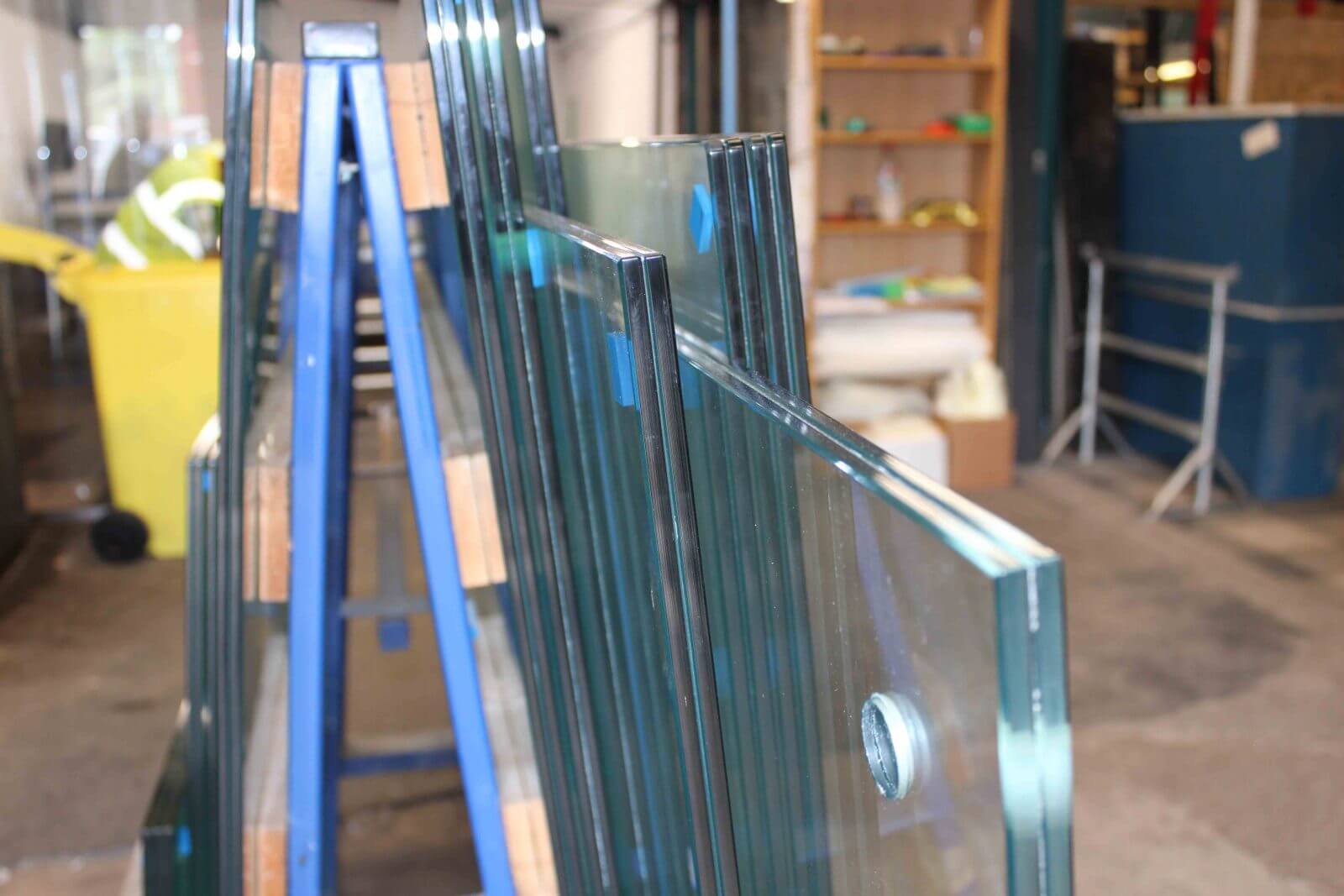
Our Projects are
Transforming African Trade
Quick Contacts
2nd Floor, Fidelity Insurance Centre Waiyaki Way, Westlands

THE recent 25 per cent duty introduced on imported glass by Kenya contravenes the provisions of the Treaty and the Customs Union Protocol of East African Community, Tanzanian glass manufacturer has claimed.
The Kenyan government introduced the duty on im- ported glasses through the Business Law (Amendment) Act, 2 02 0, citing it was away for the government protecting the local industry.
In a statement issued yes- terday in Dar es Salaam, the local glass container manufacturer, KIOO Limited expressed its concern over 2 5 percent exercise duty introduced by the East African nation, saying it was unfriendly for regional business growth.
In its statement availed to this paper yesterday, Kioo Limited which is a proud Tanzanian manufacturing success story, said they are addressing this issue with the relevant ministries in Tanzania and also approaching the East African Court Justice to intervene in this matter urgently.
Kenya recently enacted the Business Laws (Amend- ment) Act, 2 02 0 which amended the Excise Duty Act, 2 015 (Excise duty Act) by imposing excise duty on imported glass bottles (excluding glass bottles for packaging pharmaceutical products) at a rate of 2 5 per cent with effect from 18 th March 2020.
Under the Excise Duty Act, there are no exemptions granted to goods imported into Kenya from East African Community Partner States and the new excise duty rate of 2 5 per cent will therefore apply to glass bottles import- ed in to Kenya from Tanzania.
In its statement, Kioo Limited said that this amend- ment will result in an increase in the cost of imported glass bottles as compared to glass bottles which are locally manufactured in Kenya.
The statement said that Kioo exports its products to Kenya and this recent amend- ment of the Excise Duty Act by Kenya will result in Kioo’s products being uncompetitive in the Kenyan market.
“The Integration Pillars of the East African Com- munity (EAC) include the establishment of a Customs Union and a Common Market.
Article 75 and 76 of the Establishment of the East Af- rican Community (the Treaty) respectively provided for es- tablishment of the Customs Union and Common Market,” said the statement.
It said that the Customs Union is a critical foundation of the EAC and is established under protocol for the Estab- lishment of the EAC Customs Union (Customs Union Pro- tocol).
It went on that under the Customs Union Protocol the Partner States desirous to deepen and strengthen trade among themselves have agreed to eliminate internal tariffs and other charges of equivalent effect as well as eliminated non-tariff barriers to create the most favorable environment for the development of regional trade.
The statement said the Common Market established under the Protocol on the Establishment of the East Af- rican Community Common Market is aimed at accelerat- ing economic growth and de- velopment by providing for free movement of goods, labour, services, capital and the right of establishment within the EAC.
Kenya’s recent actions with respect to the excise duty on glass from Tanzania contravene the provisions of the Treaty and the Customs Union Protocol.
“Kenya is an important market of glass and glass products manufactured by Kioo.
Imposition of the excise duty on glass imported from Kioo will mean that the glass will be more expensive as compared to locally manufactured glass and therefore Ke- nyan companies will refrain from importing glass from Tanzanian companies as it will not be competitive in the market,” said the statement.
It also said that this will af- fect Kenyan glass purchasers as they will have to rely only on glass produced within Kenya adding that there are two glass producers in Kenya and they, together, cannot meet the total requirement of glass within Kenya and also do not currently have the capability to supply the technology that Kioo offers.
The statement said this means that Kenyan glass purchasers will lose out on the advantage of getting the light weight technology which is also a great advantage from an environmental perspective apart from costs. It said that Tanzania and Kenya have more or less the same cost structures and market potential.
While Tanza- nia has local gas available, Kenya has local Soda Ash available so both of these are major cost drivers in the busi- ness and almost neutralize the advantage to both Kenya and Tanzania.
“During Covid 19 when markets are already badly affected, this has come as a body blow to Kioo Limited,” said the statement. It said that Kioo converts locally available materials into value added finished product as championed by Dr John Magufuli in his several speeches and the drive to- wards industrialization.
“Kioo is one of the larg- est manufacturers of contain- er glass for the soft drinks, beverage, beer, alcohol and food industry in East and Central Africa.
Kioo’s facility is modern and the most technically capable plant in the entire region which offers best quality, light weight and cost reduction opportunities to its customers,” it revealed.
The statement went on that Kioo has invested signif- icantly over the years to en- hance the capabilities of the plant and it employs over 6 00 people in direct employment and many more indirectly that support the business.
It elaborated that cur- rently, the plant has a capacity to produce about 4 00 tons of glass per day and it exports almost 6 0% of its capacity outside of Tanzania after meeting 100 per cent of Tanzanian requirements.
“Kioo Limited It is one of the few large exporters in the manufacturing space in Tan- zania which brings in foreign exchange to the country,” the statement added.
Source: Daily News
Disclaimer: The views and opinions expressed in this article are those of the authors and do not necessarily reflect the official policy or position of TradeMark Africa.